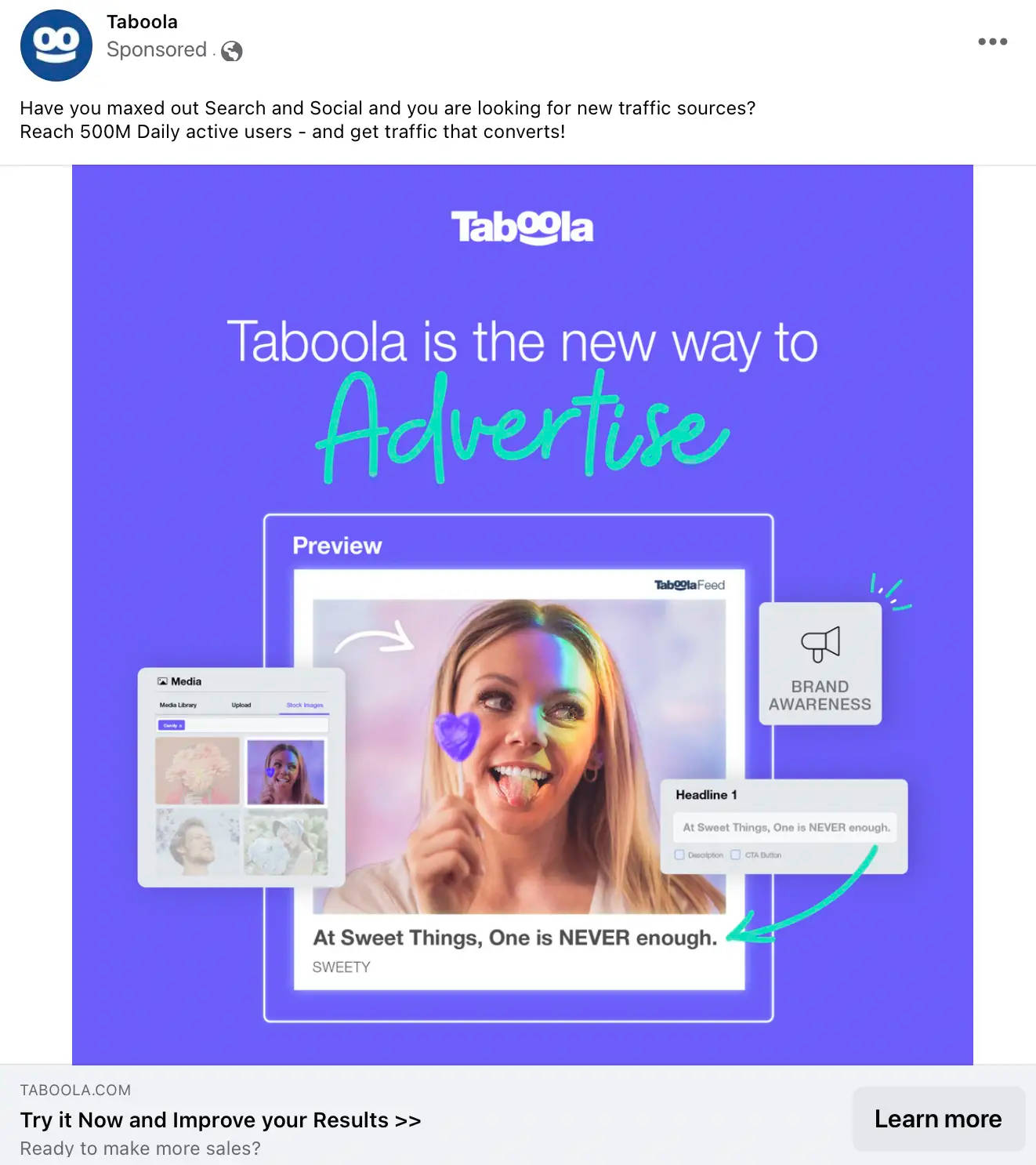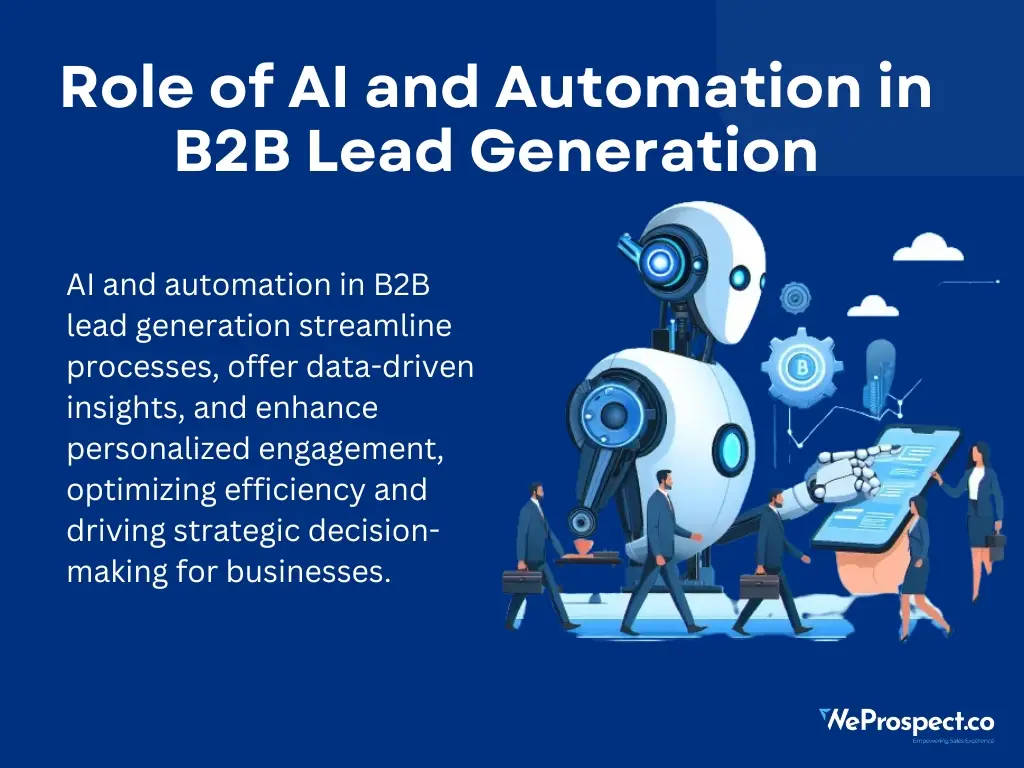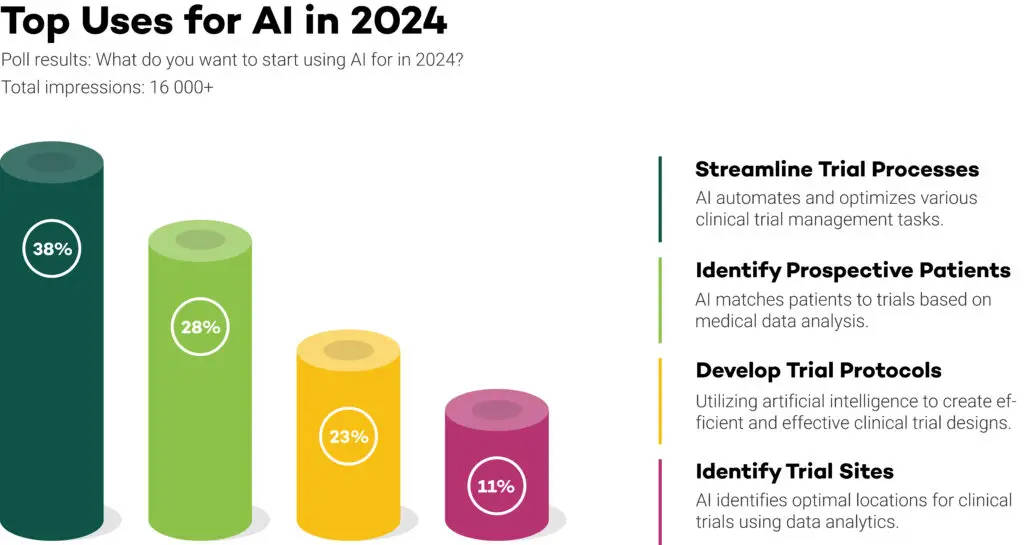In today’s fast-paced and highly competitive business landscape, small businesses are constantly looking for ways to stay ahead of the curve and remain relevant. One of the most effective ways to achieve this is through the use of artificial intelligence (AI) tools. AI has become a game-changer in the business world, and small businesses can no longer afford to ignore its potential. From automating tasks to enhancing customer engagement and driving growth, AI offers numerous opportunities for small businesses to thrive.
As a small business owner, it can be overwhelming to navigate the vast world of AI and identify which tools are best suited for your business. That’s why we have compiled a comprehensive guide to help you understand the various AI tools available and how they can benefit your business. Whether you’re a new entrepreneur just starting out or a seasoned business owner looking to stay ahead of the competition, these 10 AI tools are essential for every small business.
Artificial Intelligence: The Small Business’s Secret Weapon
AI has been making waves in the business world, with big corporations using it to gain a competitive edge. However, many small businesses still perceive AI as too expensive and complex to implement. What they fail to realize is that there are numerous affordable AI tools specifically designed for small businesses. These tools can provide small businesses with the same benefits that large companies enjoy, helping level the playing field.
But what exactly is AI? In simple terms, AI refers to the ability of machines to mimic human intelligence and perform tasks that typically require human reasoning. This includes tasks such as data analysis, decision-making, and problem-solving. The use of AI in business has skyrocketed in recent years, thanks to advancements in technology and the availability of vast amounts of data.
Small businesses can leverage AI to automate time-consuming tasks, gain valuable insights from data, and enhance customer experiences. With the right AI tools, small businesses can work smarter and more efficiently, freeing up time to focus on other important aspects of their businesses.
The Rise of AI in Small Business
AI is no longer reserved for big corporations with deep pockets. In fact, it has become a necessity for small businesses looking to stay competitive and grow. According to a report by IDC, worldwide spending on AI systems is expected to reach $97.9 billion in 2023, with small and medium-sized businesses contributing significantly to this growth.
The rise of AI in small businesses can be attributed to several factors. First, the increasing availability of affordable AI tools has made it easier for small businesses to adopt the technology. Additionally, with the amount of data being generated every day, small businesses have access to valuable insights that can help them make informed decisions and drive growth.
Moreover, AI has proven to be a cost-effective solution for small businesses. By automating tasks and streamlining processes, businesses can save time and resources, ultimately leading to increased productivity and profitability.
The Benefits of AI for Small Businesses
The benefits of implementing AI tools in small businesses are numerous. Here are some of the key benefits that make AI a secret weapon for small businesses:
- Automation: With AI tools, small businesses can automate repetitive tasks, allowing employees to focus on more high-value and creative work. This increases productivity and efficiency, saving time and resources.
- Data Analysis: AI tools can analyze large amounts of data at a much faster rate than humans can. This allows small businesses to gain valuable insights and make data-driven decisions, leading to improved performance and growth.
- Cost Savings: By automating tasks and streamlining processes, small businesses can save on labor costs and improve overall operational efficiency.
- Enhanced Customer Experience: AI-powered tools can provide personalized and efficient customer experiences, leading to increased customer satisfaction and loyalty.
- Competitive Advantage: Adopting AI tools can give small businesses a competitive edge by allowing them to work smarter, faster, and more efficiently than their competitors.
How AI is Revolutionizing the Small Business Landscape
AI is transforming the way small businesses operate and has the potential to revolutionize the entire business landscape. With its ability to analyze vast amounts of data, automate tasks, and improve decision-making processes, AI is helping small businesses thrive in a highly competitive market.
AI-Powered Marketing
Marketing plays a crucial role in the success of any business, and AI has become an increasingly valuable tool in this field. AI-powered marketing tools can analyze consumer data and behavior, allowing businesses to target the right customers with the right messages at the right time. This leads to more effective and personalized marketing campaigns, ultimately driving customer engagement and conversion rates.
One popular AI-powered marketing tool for small businesses is chatbots. These virtual assistants can interact with customers in real-time, providing quick and efficient responses to inquiries or concerns. Chatbots can also gather and analyze data from these interactions, allowing businesses to better understand their customers’ needs and preferences.
Click here to preview your posts with PRO themes ››
Streamlining Operations
Another area where AI is making a significant impact is in streamlining operations for small businesses. AI-powered tools can automate various administrative tasks, such as data entry and payroll, freeing up time for employees to focus on more critical tasks. These tools can also monitor and analyze data from different systems, providing insights to improve operational efficiency and reduce costs.
Moreover, AI can also be used in supply chain management, forecasting demand, and managing inventory levels. This leads to better inventory control and cost management, ultimately improving overall business performance.
Unlocking the Power of AI for Small Businesses
Now that we understand the benefits and potential impact of AI on small businesses, let’s take a closer look at 10 must-have AI tools that every small business should know about.
1. Google Analytics
Google Analytics is a web analytics service provided by Google that tracks and reports website traffic. This tool uses AI technology to provide insights into website traffic, user behavior, and conversion rates. With Google Analytics, small businesses can gain valuable insights to optimize their website and marketing efforts, ultimately leading to increased conversions and sales.
How it Works
Google Analytics uses machine learning algorithms to analyze data and provide insights to improve website performance. The tool can track and analyze various metrics, such as page views, bounce rates, and time spent on pages. It also integrates with other Google tools like Google Ads for a more comprehensive analysis of digital marketing efforts.
Benefits for Small Businesses
Google Analytics is a powerful and free tool that provides small businesses with access to valuable data and insights. With its user-friendly interface and real-time tracking, small businesses can easily monitor website performance and make informed decisions to enhance the user experience and drive conversions.
2. Grammarly
In today’s digital age, having clear and error-free communication is crucial for any business. That’s where Grammarly comes in. This AI-powered writing assistant helps users improve their grammar, spelling, and overall writing style. Whether you’re drafting an email, social media post, or website content, Grammarly can help ensure your writing is polished and professional.
How it Works
Grammarly uses natural language processing (NLP) algorithms to analyze text and offer suggestions for improvement. Users can either input their text directly on the Grammarly website or download the browser extension, which can be used on various platforms, including email, social media, and word processors.
Benefits for Small Businesses
As a small business owner, you wear many hats and may not have the resources to hire a professional editor. Grammarly offers a cost-effective solution to ensure your written communications are error-free and professional. Its user-friendly interface and real-time suggestions make it a valuable tool for busy small business owners.
3.
Social media has become an essential marketing tool for small businesses, and Hootsuite is a powerful AI-powered tool that makes managing social media accounts easier. This tool allows small businesses to manage multiple social media platforms in one place, schedule posts, and analyze performance.
How it Works
Hootsuite uses AI algorithms to analyze data and provide insights into social media performance. It also offers features such as post scheduling, content curation, and cross-platform posting, making it a valuable tool for small businesses looking to maximize their social media presence.
Benefits for Small Businesses
Small businesses often have limited resources to dedicate to social media management. Hootsuite offers an all-in-one solution that saves time and effort while providing valuable insights to improve social media strategy and engagement with customers.
4. Salesforce Einstein
Customer relationship management (CRM) is crucial for any business, and Salesforce’s AI-powered CRM tool, Einstein, is designed specifically for small businesses. This tool uses AI to analyze customer data and provide insights to improve the customer experience and drive sales.
How it Works
Salesforce Einstein uses AI algorithms to analyze customer data from various sources, such as email, social media, and website interactions. It then provides insights to help businesses understand their customers’ needs and preferences, ultimately improving customer engagement and conversions.
Benefits for Small Businesses
As a small business, building and maintaining relationships with customers is essential for long-term success. Salesforce Einstein offers valuable insights to help businesses understand their customers better, tailor their marketing efforts, and improve overall customer satisfaction.
5. Canva
Visual content is increasingly important for businesses, but not every small business has the resources to hire a professional graphic designer. That’s where Canva comes in. This AI-powered design tool allows users to create professional-looking graphics, presentations, and documents without the need for design skills or software.
How it Works
Canva uses AI algorithms to assist users in creating graphics and designs. It offers a user-friendly interface and an extensive library of templates, images, and fonts to choose from. Users can also upload their own images or logos and customize designs to fit their brand’s aesthetic.
Benefits for Small Businesses
Canva offers small businesses a cost-effective solution to create high-quality visual content for marketing purposes. Its easy-to-use interface and vast library of templates make it accessible to small business owners with little to no design experience.
Click here to preview your posts with PRO themes ››
6. Shopify
For small businesses looking to start an online store, Shopify is a popular AI-powered e-commerce platform. This tool offers various features, including website creation, payment processing, inventory management, and marketing tools.
How it Works
Shopify uses AI algorithms to automate various processes, such as inventory management and order fulfillment. Its user-friendly interface allows small business owners to create professional-looking online stores without any coding or design skills.
Benefits for Small Businesses
E-commerce has become increasingly important for small businesses, especially during the COVID-19 pandemic. Shopify offers a comprehensive solution for small businesses to establish an online presence and sell products without the need for advanced technical skills or resources.
7.
Project management is crucial for businesses, and Trello is an AI-powered tool designed to simplify the process. This tool allows teams to collaborate, assign tasks, track progress, and manage projects in one place.
How it Works
Trello uses AI to automate various project management tasks, such as task assignment and deadline reminders. Its user-friendly interface allows teams to easily visualize and track their projects’ progress.
Benefits for Small Businesses
Small businesses often have limited resources and need to be efficient in managing projects. Trello offers a simple and affordable solution that improves collaboration and productivity, ultimately leading to better project outcomes.
8.
In today’s digital world, being able to sign documents electronically is a valuable tool for businesses. DocuSign is an AI-powered e-signature platform that allows users to sign and send documents securely and efficiently.
How it Works
DocuSign uses AI algorithms to ensure document security and offer a user-friendly interface for electronic signature processing. Users can upload documents, add recipients, and track the signing process in real-time.
Benefits for Small Businesses
As a small business, time is of the essence, and traditional paper-based document signing processes can be time-consuming and costly. DocuSign offers a convenient and cost-effective solution for small businesses to streamline their document signing processes.
9.
Remote work has become increasingly prevalent, and Zoom is an AI-powered video conferencing tool designed to simplify virtual meetings. This tool offers a user-friendly interface and various features like screen sharing, recording, and messaging.
How it Works
Zoom uses AI to analyze user preferences and provide a seamless video conferencing experience. Its user-friendly interface and reliability have made it a popular choice for remote teams.
Benefits for Small Businesses
In today’s digitally connected world, virtual meetings have become necessary, especially for small businesses with remote teams or clients. Zoom offers an efficient and affordable solution for small businesses to conduct meetings, collaborate, and stay connected.
10.
Facebook Ads is an AI-powered ad platform that allows businesses to target specific audiences and reach potential customers. With its vast user base and advanced targeting capabilities, Facebook Ads is a powerful tool for small businesses looking to enhance their online presence and drive sales.
How it Works
Facebook Ads uses AI algorithms to analyze user data and show ads to relevant audiences. Users can set specific parameters to target their ideal audience, such as age, location, interests, and behavior.
Benefits for Small Businesses
Advertising can be expensive, making it challenging for small businesses to compete with larger companies. However, with Facebook Ads’ advanced targeting capabilities, small businesses can reach their target audience more effectively without breaking the bank.
A Field Guide to AI Tools: A Small Business Perspective
As a small business owner, it’s essential to understand which AI tools are best suited for your business. Here is a table summarizing the 10 AI tools discussed in this blog post and their key features:
| Tool | Key Features |
|---|---|
| Google Analytics | Web analytics, real-time tracking, user-friendly interface |
| Grammarly | Writing assistant, error-free communication, user-friendly interface |
| Hootsuite | Social media management, post scheduling, cross-platform posting |
| Salesforce Einstein | CRM, customer data analysis, improved customer engagement |
| Canva | Design tool, templates and images library, easy customization |
| Shopify | E-commerce platform, website creation, payment processing |
| Trello | Project management, task assignment, deadline reminders |
| DocuSign | E-signature platform, document security, real-time tracking |
| Zoom | Video conferencing, screen sharing, messaging |
| Facebook Ads | Ad platform, advanced targeting capabilities, cost-effective |
It’s important to note that there are many other AI tools available for small businesses, and you should research and choose the ones that best suit your specific needs and goals.
Automating Tasks and Streamlining Processes with AI: A Guide for Small Businesses
One of the most significant benefits of AI for small businesses is its ability to automate tasks and streamline processes. Here are some examples of how AI can help small businesses work smarter and more efficiently:
1. Data Entry
Data entry is a time-consuming and tedious task that can be prone to human error. AI-powered tools, such as optical character recognition (OCR) software, can scan and digitize paper-based documents, eliminating the need for manual data entry. This saves time, reduces errors, and improves overall data accuracy.
Click here to preview your posts with PRO themes ››
2. Customer Service
Customer service is a crucial aspect of any business, but it can be challenging for small businesses to provide 24/7 support. AI-powered chatbots can handle basic customer inquiries and provide real-time responses, freeing up time for employees to focus on more complex customer issues.
3. Inventory Management
Keeping track of inventory levels and reordering products can be a time-consuming and error-prone process. AI tools can monitor and analyze sales data to forecast demand and optimize inventory levels, ensuring the right products are available when needed.
4. Bookkeeping and Accounting
Small businesses often have limited resources to hire a professional bookkeeper or accountant. AI-powered tools can automate bookkeeping tasks, such as categorizing expenses and generating reports, saving time and reducing the risk of human error.
Harnessing AI to Enhance Customer Engagement for Small Businesses
One of the most significant advantages of AI for small businesses is its ability to enhance customer engagement. Here are some ways in which AI can help businesses improve interactions with their customers:
1. Personalization
AI-powered tools can analyze consumer data to understand their interests and preferences. This allows businesses to tailor their marketing efforts and provide personalized experiences for their customers, ultimately leading to increased customer satisfaction and loyalty.
2. Chatbots
Chatbots are becoming increasingly popular in customer service. These virtual assistants use AI to interact with customers in real-time, providing efficient and personalized responses to inquiries or concerns. This improves the overall customer experience and saves time for both the customer and the business.
3. Targeted Marketing
As discussed earlier, AI-powered tools like Facebook Ads and Google Analytics allow businesses to target specific audiences with relevant messages and offers. This leads to more effective and personalized marketing campaigns, ultimately driving customer engagement and conversions.
Using AI to Fuel Small Business Growth: Strategies and Implementation
Implementing AI tools in your small business may seem daunting, but it doesn’t have to be. Here are some steps to help you effectively incorporate AI into your business strategy and drive growth:
1. Identify Your Business Goals
Before adopting any AI tools, it’s crucial to understand your business goals and how AI can help you achieve them. Whether it’s reducing costs, improving efficiency, or enhancing customer engagement, having a clear understanding of your goals will guide you in choosing the right tools for your business.
2. Research AI Tools
As discussed earlier, there are various AI tools available for small businesses. It’s essential to research and understand which tools are best suited for your business’s specific needs and goals. Look for tools that offer a user-friendly interface, affordable pricing, and valuable features.
3. Train Employees
It’s important to involve your employees in the implementation process and provide them with proper training on how to use the new AI tools. This ensures a smooth transition and maximizes the benefits these tools can offer to your business.
4. Monitor and Analyze Performance
Once you have implemented AI tools in your business, it’s crucial to monitor their performance and analyze the data they provide. This will allow you to make informed decisions and continuously improve your strategies to drive growth and achieve your goals.
AI-Powered Innovations: Transforming the Future of Small Business
The potential of AI in transforming the small business landscape is immense. As technology continues to advance, we can expect even more innovative AI tools and solutions that will enable small businesses to compete with larger corporations. Some potential future developments of AI in small businesses include:
1. Virtual Assistants
Virtual assistants powered by AI may become more sophisticated and able to handle more complex tasks, such as scheduling meetings, managing emails, and even conducting research on behalf of small business owners.
2. Predictive Analytics
AI-powered predictive analytics can help small businesses forecast trends, anticipate customer needs, and make data-driven decisions. This can allow businesses to stay ahead of their competitors and adapt quickly to changes in the market.
3. Voice Technology
Voice technology, such as virtual assistants like Amazon’s Alexa or Google Home, can also be used in small businesses to automate tasks and provide real-time information and insights.
Conclusion
In conclusion, artificial intelligence has revolutionized the way small businesses operate and has become a crucial tool for success in today’s competitive market. By incorporating AI into their strategies, small businesses can automate tasks, streamline processes, enhance customer engagement, and fuel growth. With constant advancements in technology, the future of AI in small businesses looks promising, and it’s essential for businesses to stay updated and utilize these tools to stay ahead of the game.






















